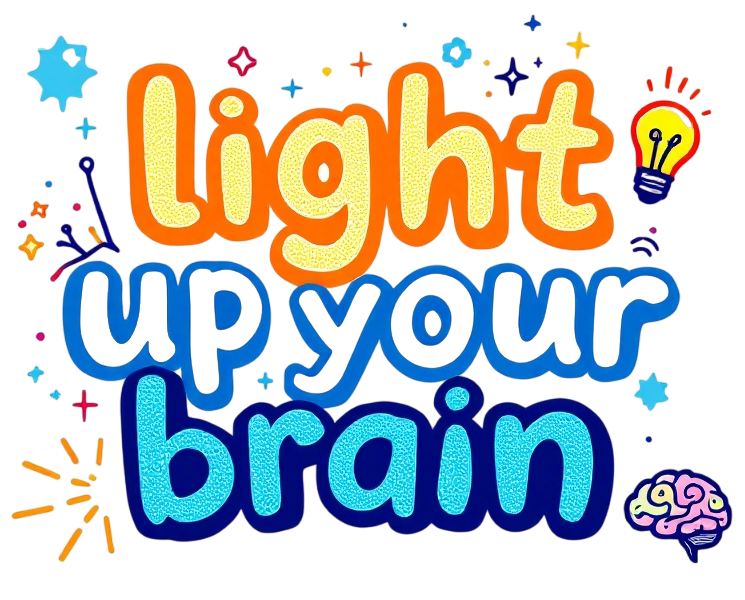In addition the ability to entertain, children’s music serves another important purpose—to educate. There are perhaps as many educational benefits to children’s music as there are social benefits. Unlike songs geared toward adults, children’s songs incorporate a plethora of themes that prepare children for life. Counting, spelling, world cultures, management of feelings, foreign languages, and ethics are all important life lessons that children might have a hard time understanding if not for the existence of music geared toward children.
Educational children’s songs that incorporate rhyming are most often composed to facilitate memorization—another key life lesson. The alphabet song, for example, has helped several generations of American children to learn to sing their letters through a simple rhyming tune. In that song the emphasized letters G, P, V, & Z all rhyme, along with the last verse, “Now I know my ABCs. Next time won’t you sing with me?” That children’s song is particularly easy for children of all ages to learn because of the simple rhyming scheme incorporated in the tune and lyrics. By learning the song, children are automatically memorizing the English alphabet. Similarly, when a child is required to learn a particular skill set in school such as time tables or states and capitols, the memorization of the information becomes a lot more manageable when the information is transformed into song lyrics and paired with a catchy tune. The song becomes a pnemonic device.
In addition to aiding in memorization, children’s songs (particularly those targeted toward babies and toddlers) also aid in speech development. Tunes that are especially pleasant to a baby’s ears will cause the child to actually mimic the sounds and words in the songs. And the more the child listens to a particular children’s song, the more practice he can get mimicking the words and learning to talk.
Another educational benefit of children’s music is that it seems to aid in brain development. Researchers have discovered that when children are listening to music their brain is being strengthened because the brain is working harder to process the melodies. It is for this reason that many expecting mothers play music for their children while they are still in the womb. The music is believed to aid in enhancing brain function. Likewise, children’s music can be a great tool in helping children become interested in playing musical instruments, which also is believed to help children focus and enhance brain development.
